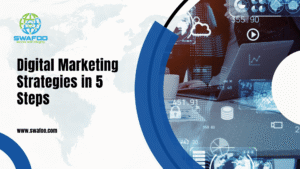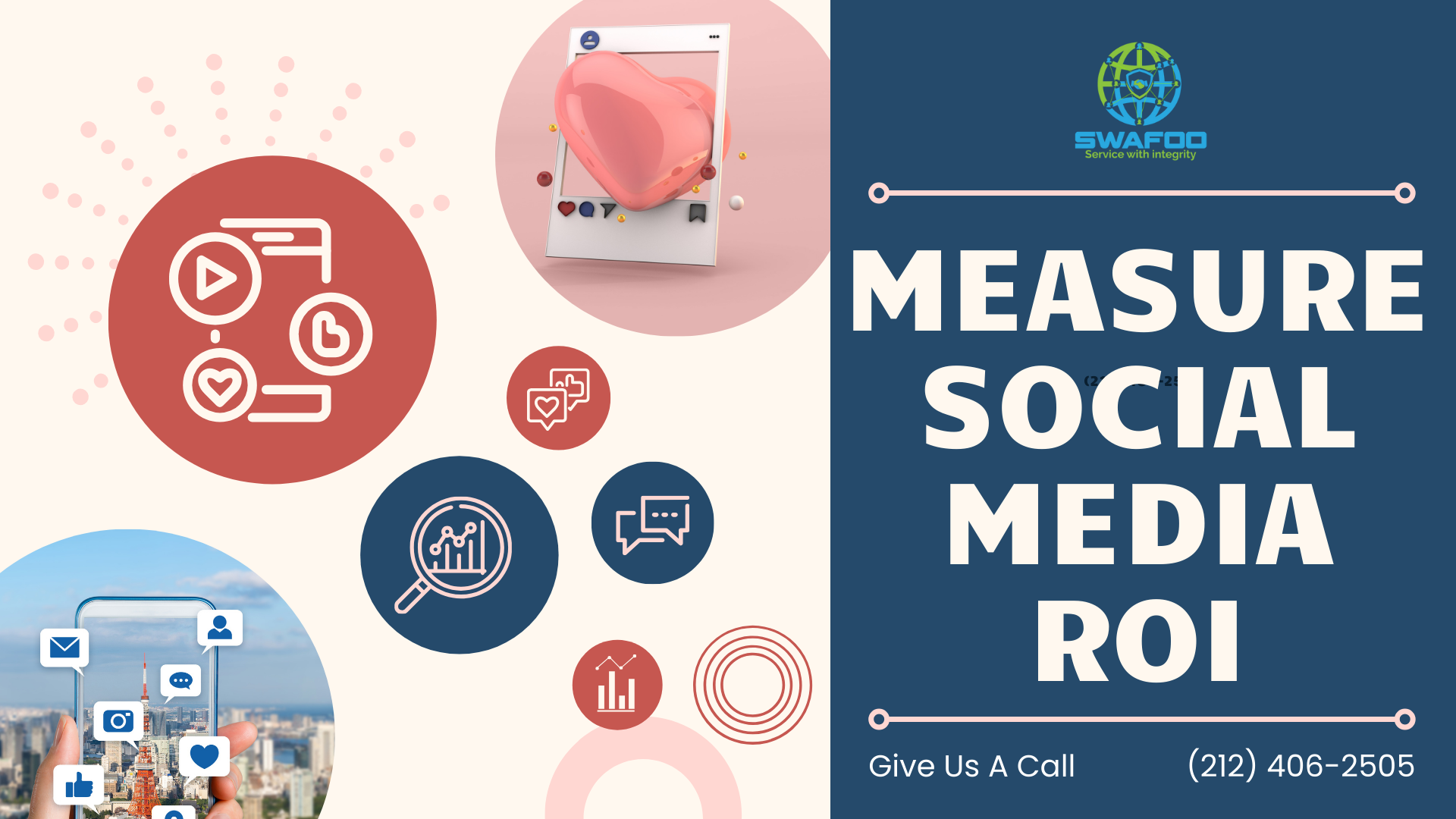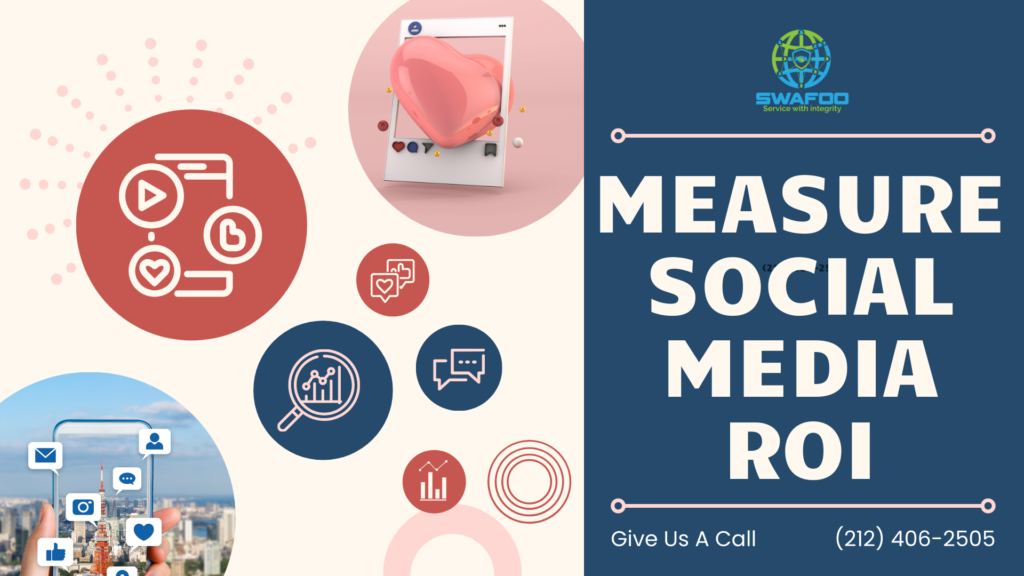Social Media Marketing for Small Business Guide to Digital Marketing
Social Media Marketing for Small Business Guide to Digital Marketing

Social media marketing is no longer optional for small businesses. Whether you’re a Florida business owner aiming to grow your business or simply looking to enhance your online presence, leveraging the right platforms can make all the difference. This comprehensive guide outlines everything you need to know about social media marketing and how to develop a robust social media strategy tailored to your small business needs.
Why Social Media Marketing Matters for Small Businesses
Social media marketing is the cornerstone of modern digital marketing strategies. By establishing a strong social media presence, small businesses can:
Build Brand Awareness Among Potential Customers
Social media platforms allow you to introduce your brand to people who might not have encountered it otherwise. Through consistent posting and targeted campaigns, you can reach a broader audience and ensure your business becomes recognizable within your niche or local area.
Engage With Your Audience to Foster Trust and Loyalty
Interaction is key to building relationships. Replying to comments, messages, and reviews shows that your business values customer feedback. Engaging with your audience creates a sense of community, encouraging loyalty over time.
Drive Website Traffic to Increase Sales and Visibility
Sharing blog posts, promotions, or product pages on social media platforms helps direct potential customers to your website. Tools like clickable links in bios or story features on Instagram make the transition seamless.
Attract More Customers Through Targeted Campaigns
Platforms like Facebook Ads and LinkedIn Ads allow you to run campaigns targeted at specific demographics, interests, and behaviors. These targeted campaigns ensure your business reaches the right audience, increasing the likelihood of conversions.
How to Optimize Your Social Media Strategy
What Is Social Media Strategy?
A social media strategy is a structured plan outlining how your business will use social media platforms to achieve its marketing goals. It involves planning, creating, and distributing content that resonates with your audience, helping you stay aligned with your business objectives.
Steps to Optimize Your Strategy
- Define Your Goals
- Clarify what you want to achieve with your social media efforts. For example, do you want to grow your follower count, increase website traffic, or boost sales? Setting clear, measurable goals (e.g., “Increase engagement by 20% in 3 months”) ensures you can track progress effectively.
- Know Your Audience
- Use analytics tools like Google Analytics and social media insights to understand your audience’s age, gender, location, and interests. Knowing these details helps you tailor your content to their preferences and habits.
- Choose the Right Platforms
- Focus on platforms where your target audience spends the most time. For instance:
- Use Facebook for community engagement.
- Use LinkedIn for professional or B2B audiences.
- Use Instagram for visual storytelling and younger audiences.
- Use Facebook for community engagement.
- Engage With Your Audience
- Actively participate in conversations by responding to comments, answering questions, and sharing user-generated content. Engaging directly with customers builds rapport and makes your brand more approachable.
- Measure Your Success
- Track performance metrics such as likes, comments, shares, and website traffic to determine what’s working. Use this data to adjust your strategy as needed.
Choosing the Right Platform for Your Small Business
Which Platform Is Best for Small Businesses?
Each platform has its own strengths, and choosing the right one depends on your audience and business goals.
- Facebook:
Ideal for fostering a local community through groups, events, and interactive posts. Features like marketplace listings also help small businesses reach local buyers. - LinkedIn:
This platform is essential for professional networking and showcasing expertise, especially for B2B services. Regularly posting industry-related content and connecting with professionals can enhance credibility. - Instagram:
A great option for businesses with visually appealing products or services. Features like Stories, Reels, and Shopping integrations make it easy to attract and convert customers.
How to Leverage Social Media Platforms
- Use Tools Like Google Analytics to Track Website Traffic
- Analyze traffic sources to understand how much traffic social media is driving to your website and which platforms are most effective.
- Create Content That Resonates With Your Audience
- Conduct polls, ask questions, and share relatable content to encourage engagement.
- Use Hashtags Strategically to Increase Visibility
- Research trending and niche hashtags relevant to your industry to make your posts discoverable to a wider audience.
- Share User-Generated Content to Foster Community Engagement
- Sharing content from customers who use your product or service builds trust and makes your audience feel valued.
Tips for Creating Content That Resonates
What Type of Content Works Best?
- Video Content
- Video content is highly engaging. Use it to demonstrate products, share behind-the-scenes footage, or create how-to tutorials. Videos generally achieve higher reach and engagement compared to static posts.
- User-Generated Content
- Encourage customers to share their experiences through reviews, photos, or videos. Showcase these on your profile to create social proof and a sense of authenticity.
- Visually Appealing Posts
- High-quality images, infographics, and carousel posts grab attention quickly and convey your message effectively.
How to Build Trust Through Content
- Showcase Your Business’s Unique Values and Expertise
- Share your brand’s story, mission, or values to create a deeper connection with your audience.
- Use Testimonials and Reviews to Highlight Customer Satisfaction
- Display customer feedback prominently to establish trust with potential customers.
- Share Relatable Stories That Align With Your Brand
- Use storytelling to show how your business solves problems or contributes positively to the community.
Best Practices for Social Media Marketing
How Can Small Businesses Maximize Their Efforts?
- Consistency Is Key
- Post consistently to maintain visibility and keep your audience engaged. Use scheduling tools like Buffer or Hootsuite to plan posts in advance.
- Invest in Paid Campaigns
- Boost posts or run targeted ad campaigns to expand your reach and attract more customers. Paid campaigns can be particularly effective during promotions or product launches.
- Track Performance
- Use social media analytics to measure key metrics like engagement, reach, and ROI. Regular tracking ensures you can make data-driven adjustments to your strategy.
- Stay Ahead of Trends
- Monitor emerging trends like new platform features, popular content formats, or viral topics to keep your brand relevant.
The Role of SEO in Social Media Marketing
How SEO Enhances Your Social Media Presence
- Optimize Profiles With Relevant Keywords
- Use keywords in your bios and descriptions to improve platform search engine rankings and discoverability.
- Use Hashtags and Captions to Boost Discoverability
- Incorporate trending hashtags and well-written captions to improve content reach.
- Leverage Backlinks From Social Media Posts
- Share website links in your posts to drive traffic and improve your website’s domain authority.
Key Takeaways for Small Businesses
Social media marketing is a powerful tool that can help small businesses thrive in the digital age. To succeed:
- Develop a social media strategy tailored to your business goals.
- Choose platforms that resonate best with your audience.
- Create engaging, shareable content that builds trust.
- Leverage analytics to refine and optimize your efforts.
Stay ahead of trends to maintain visibility and relevance.
Share This Post
Subscribe To Our Newsletter
Get updates and learn from the best
More To Explore

The Truth About SEO and Web Design: How Smart Design Can Improve Your Ranking
SEO and Web Design Every business wants to appear at the top of search engines. But few realize how closely web design and SEO work

Digital Marketing Strategies in 5 Steps: How to Create One That Delivers Results
Marketing Strategies Creating digital marketing strategies that actually work isn’t about chasing trends or using every platform at once. It’s about focus, knowing what your







